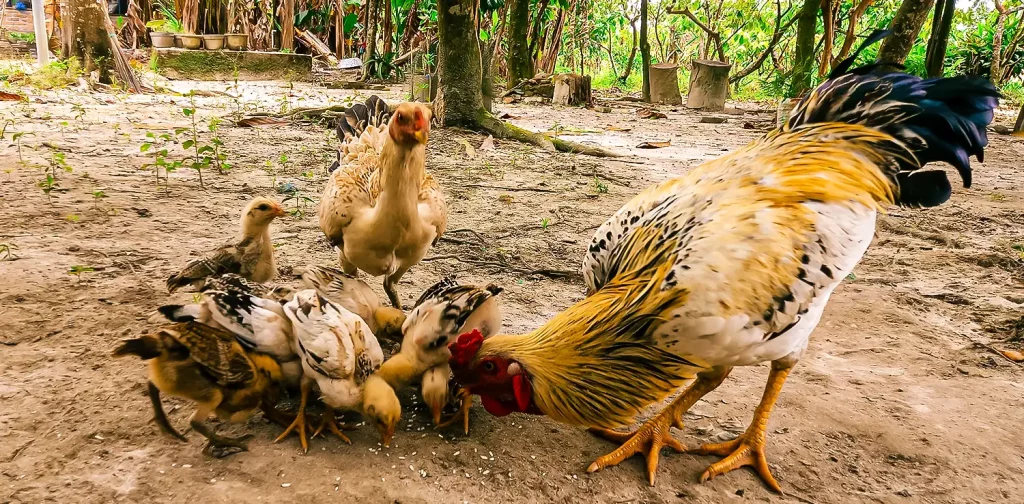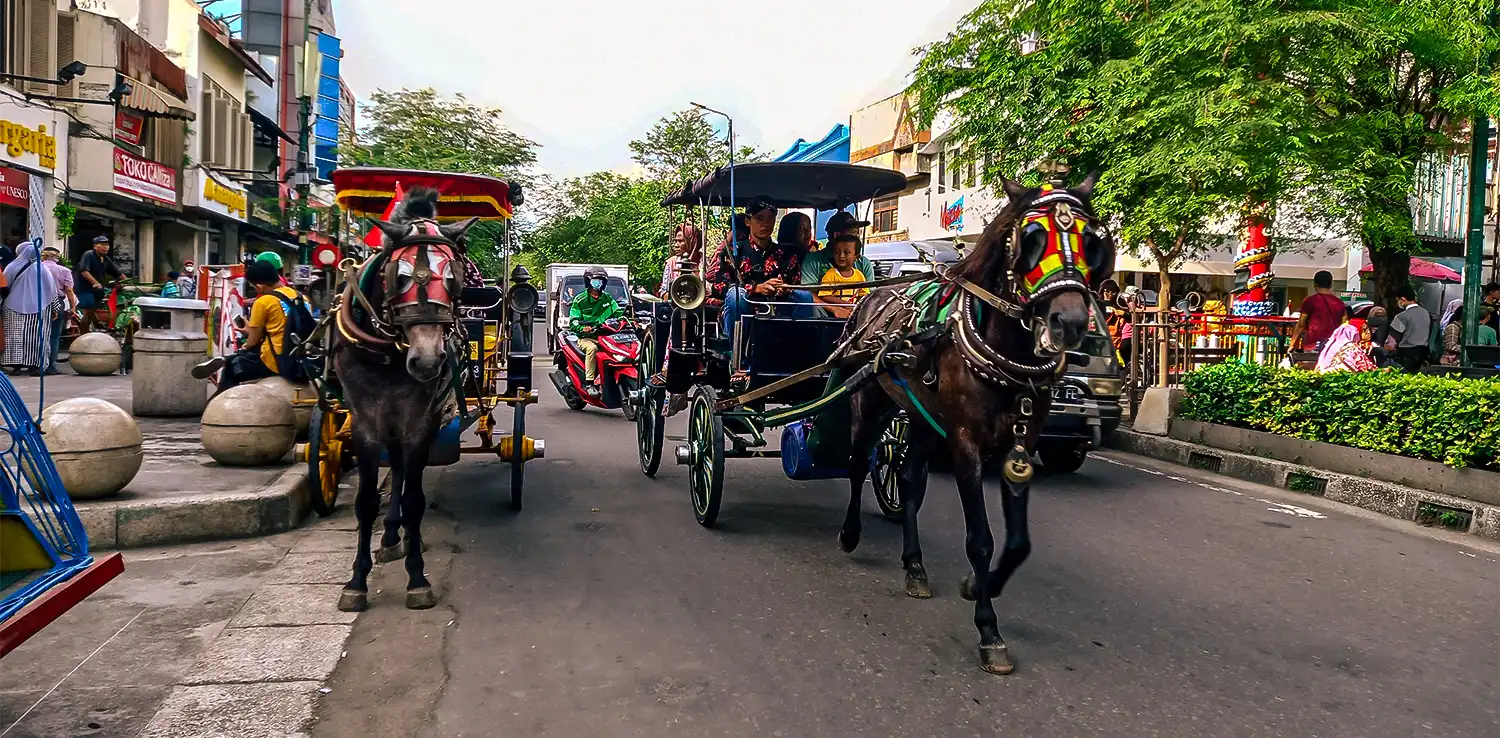Animal Welfare in Sustainable Development

Free-range chickens | Photo by Abul Muamar
Animals have lived alongside humans since the dawn of time. They are our neighbors, friends, pets, and workers. They are also used for entertainment, food, raw materials, and experiments. From neglect to abuse to extinction, animals often receive the short end of the stick in the name of human interests. In our efforts to build a better life for people and the planet, the issue of animal welfare in sustainable development must not be left behind.
Animal Problems
The world is currently grappling with a biodiversity crisis – many animal species are endangered and facing extinction. How? The human population boom has led to habitat loss for wild animals as people encroach on what used to be their natural ecosystems and living spaces. There is also the exploitative and unsustainable trade of animals for food, raw materials, and even souvenirs. Of course, climate change and pollution exacerbate existing problems.
Besides extinction, animals often suffer from neglect and abuse. For example, there is a rise in the trend of keeping wild animals as pets. Just like in zoos, some animals do thrive in captivity due to many reasons. Sometimes, their conditions don’t allow them to survive in the wild and being in captivity with access to experts is better for their wellbeing.

However, many zoos and owners treat animals merely as property or a source of entertainment. Their living conditions are far from how their habitats should be: small and bare. Animals are trained to perform or used as money-making machines through tourism. Some are neglected or abused.
Dreadful living conditions and even gruesome deaths are also common in farms and laboratories. In the name of production, profit, ‘advancement’, and ‘science’, animal welfare is put aside. Animal welfare in sustainable development seems to be a blind spot for many. For instance, the production of the supposedly more sustainable electric vehicles might lead to a degree of biodiversity loss.
Good Animal Welfare
According to the World Organisation for Animal Health (WOAH), “An animal experiences good welfare if the animal is healthy, comfortable, well nourished, safe, is not suffering from unpleasant states such as pain, fear, and distress, and is able to express behaviours that are important for its physical and mental state.”
Good animal welfare also involves conservation efforts, disease prevention, veterinary care, proper shelter, good nutrition, and a stimulating and safe environment. Even for animals that are used as human food sources, humane handling and humane slaughter or killing are essential.
In 1965, the UK developed standards for livestock farming. Since then, other countries and groups have accepted and adopted these five standards for farm and nonfarm animals. The Five Freedoms are:
- Freedom from hunger and thirst by providing access to fresh water and a proper diet suited for the animals.
- Freedom from discomfort by providing an appropriate environment, including shelter against the weather and a comfortable resting area.
- Freedom from pain, injury, or disease by providing veterinary care, including vaccines, disease prevention, medications, injury treatments, and checkups.
- Freedom to express normal behavior by providing sufficient space, enrichment, and company.
- Freedom from fear and distress by ensuring good mental state conditions and treatment.
Additionally, in the pursuit of science, following the ethical guidelines for using animals in research is necessary. These ethical guidelines mean scientists must respect the animals, consider the cost-benefit analysis of their use, and operate with justice in mind.
Non-violent conflict resolutions, animal conservation efforts, trade regulations, and sustainable use of animals are also crucial in ensuring good animal welfare.
Animal Welfare in Sustainable Development
The ethics of any human-animal interaction is subject to many debates. Even the definitions of animal welfare vary. Still, it’s undeniable that the wellbeing of animals is often swept under the rug for human advancement. It’s important to remember that animals are vital parts of biodiversity and ecosystems, necessary for the sustainability and prosperity of a healthy planet.

Co-create positive impact for people and the planet.
Amidst today’s increasingly complex global challenges, equipping yourself, team, and communities with interdisciplinary and cross-sectoral insights on sustainability-related issues and sustainable development is no longer optional — it is a strategic necessity to stay ahead and stay relevant.


 Systemic Shift to Enable Healthy School Food Environments
Systemic Shift to Enable Healthy School Food Environments  Looking into the Global Midwife Shortage
Looking into the Global Midwife Shortage  Reframing Governance in the Era of Water Bankruptcy
Reframing Governance in the Era of Water Bankruptcy  Strengthening Resilience amid Growing Dependence on Space Infrastructure
Strengthening Resilience amid Growing Dependence on Space Infrastructure  Indian Gig Workers Push Back Against 10-Minute Delivery Service Strain
Indian Gig Workers Push Back Against 10-Minute Delivery Service Strain  Call for Governance: Grassroots Initiatives Look to Scale Efforts to Conserve Depleting Groundwater
Call for Governance: Grassroots Initiatives Look to Scale Efforts to Conserve Depleting Groundwater